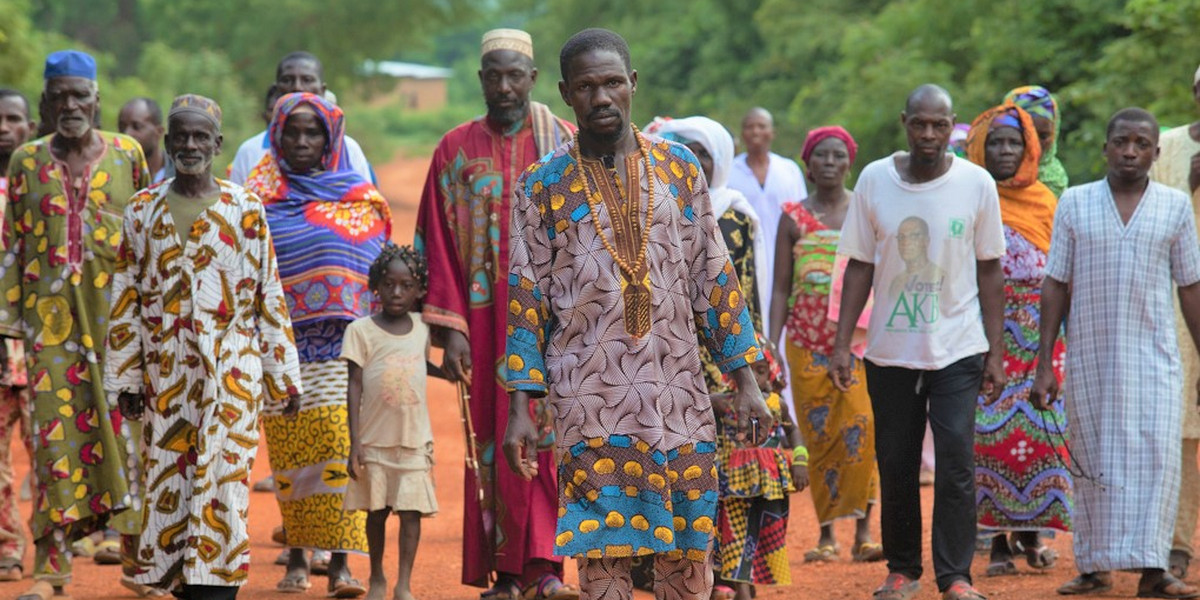CIDSE publishes the new policy brief “The case of SIAT’s subsidiary in Ivory Coast” on land grabbing in the Ivory Coast in collaboration with impacted communities and African and European partners – another case showing the need for corporate regulation.
The global demand for land and natural resources has significantly accelerated in the last two decades. Speculation by private actors – drastically increasing since the 2008 food crisis – has led to a surge in large-scale land acquisitions.
SIAT (Société d’Investissement pour l’Agriculture Tropicale) is registered as a limited responsibility company (Société Anonyme) in Belgium. On its website, it presents itself as a ‘family company’ with subsidiaries in Ghana, Nigeria, Ivory Coast, Gabon and Cambodia. Founded in 1991, the company specialises in rubber and palm oil production.
SIAT has been responsible for land grabbing in Ivory Coast, Nigeria and Ghana – which threatens the food sovereignty of local communities, violates their rights and those of its workers, and causes environmental degradation and biodiversity loss. While communities from the three countries have been campaigning against the activities of SIAT, the company claims to be attentive to environmental and sustainability issues and prides itself on being one of the first members of the Roundtable on Sustainable Palm Oil.
The policy brief “The case of SIAT’s subsidiary in Ivory Coast” sheds light on the impact of SIAT’s activities in the Ivory Coast, where 11,000 hectares of land are the subject of a dispute between the villages located in the sub-prefecture of Famienkro and the “Compagnie hévéicole de Prikro”, the Ivorian subsidiary of SIAT. This paper is the result of a collaboration with African and European partners and impacted communities and is supported by several multi-level actors from secular organisations (such as AFSA and CGLTE) and faith organisations (SECAM, RECOWA, Caritas Ivory Coast, Ghana and Nigeria). It is also part of the land grabbing Policy Brief Series published in December 2021.
This policy brief is linked to the visit to Belgium of a delegation from the three countries affected by SIAT’s activities. They come to denounce this predatory neo-colonial agribusiness model and advance communities’ demands for reparation and justice for the environmental damage and human rights violations caused by SIAT’s activities. These claims are all the more relevant given the recent legislative proposals at the Belgian, European and United Nations levels for new rules to regulate the impacts of corporations on human rights and the environment.

This publication was produced with the financial support of the European Union and of the Belgian Development Cooperation. Its contents are the sole responsibility of the authors and do not necessarily reflect the views of the European Union and the official opinion of the Belgian institution.
Credit photo: Christophe Smets, La Boîte à Images

